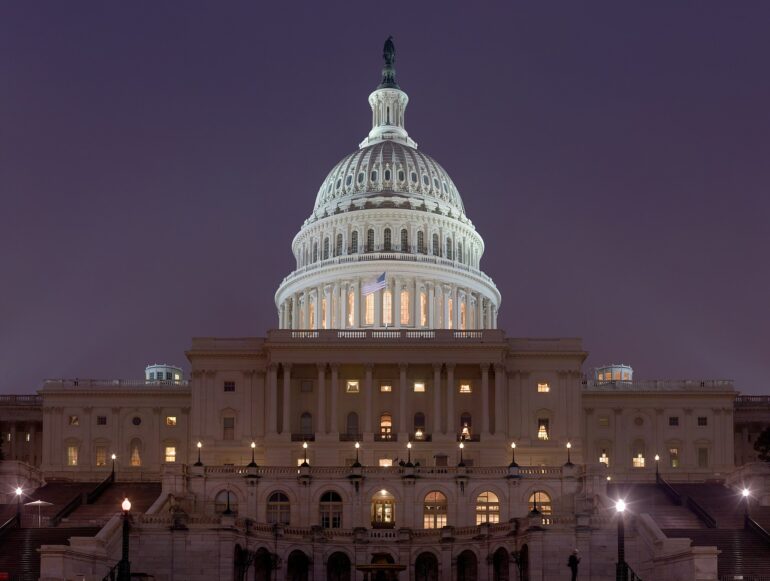President Donald J. Trump’s sweeping economic and tax legislation, hailed by supporters as a centerpiece of his second-term agenda, reportedly encountered fresh turbulence in the House on Wednesday as factions within the Republican Party signaled growing opposition to the Senate-passed version.
With a narrow 220-212 GOP majority, Republican leaders face the daunting task of uniting a divided conference. Just three defections could doom the bill if Democrats remain opposed, as expected.
A number of conservative and centrist lawmakers—many of whom had previously backed the House version of the bill—have publicly voiced frustration over changes made during the Senate’s overnight deliberations.
At the heart of the rebellion are objections from the House Freedom Caucus and centrist Republicans who argue the Senate’s revisions stray too far from the original agreement.
🚨 BREAKING: Here are the current House Republican holdouts on Trump’s Big Beautiful Bill
There are TEN. Enough to kiII the bill.
▪️ Andy Biggs
▪️ Lauren Boebert
▪️ Andrew Clyde
▪️ Dunn (FL)
▪️ Andy Harris
▪️ Dan Meuser
▪️ Andy Ogles
▪️ Scott Perry
▪️ Chip Roy
▪️ Thomas Massie pic.twitter.com/0Kf8R6XJsB— Nick Sortor (@nicksortor) July 2, 2025
Key provisions under fire include deeper Medicaid cuts, a larger projected deficit, and alterations to clean energy tax credits previously tied to the Biden administration’s Inflation Reduction Act.
Representative Ralph Norman of South Carolina and Representative Chip Roy of Texas, both prominent conservatives, voted against advancing the bill out of the House Rules Committee early Wednesday, a symbolic gesture that underscored brewing discontent.
“This bill’s a nonstarter,” Norman said. “We want to do this, but this version doesn’t do what the president wants.”
Speaker Mike Johnson, who has labored for weeks to unify his party, acknowledged the uphill battle but urged calm. “I’m not happy with what the Senate did to our product,” he said.
“But we understand this is the process. We will be working to get all our members to ‘yes.’”
Even as lawmakers prepared for hours of closed-door negotiations, party leaders signaled that a procedural vote could take place as early as Wednesday evening.
Trump, who has demanded the bill be on his desk by July 4, is expected to pressure holdouts personally, as he has done successfully in the past.
The legislation includes a broad extension of Trump’s 2017 tax cuts, exemptions for tips and overtime, and a substantial boost in immigration enforcement funding.
But according to the Congressional Budget Office, the Senate version’s Medicaid changes would leave as many as 12 million Americans without insurance by 2034, prompting unease among moderates concerned about electoral backlash.
As the clock ticks toward Trump’s self-imposed deadline, Republicans must weigh loyalty to the president against policy concerns and political risk—knowing full well that defiance could provoke retaliation from Trump’s political machine.
[READ MORE: Canada Submits to Trump Demands on Key Tax]



